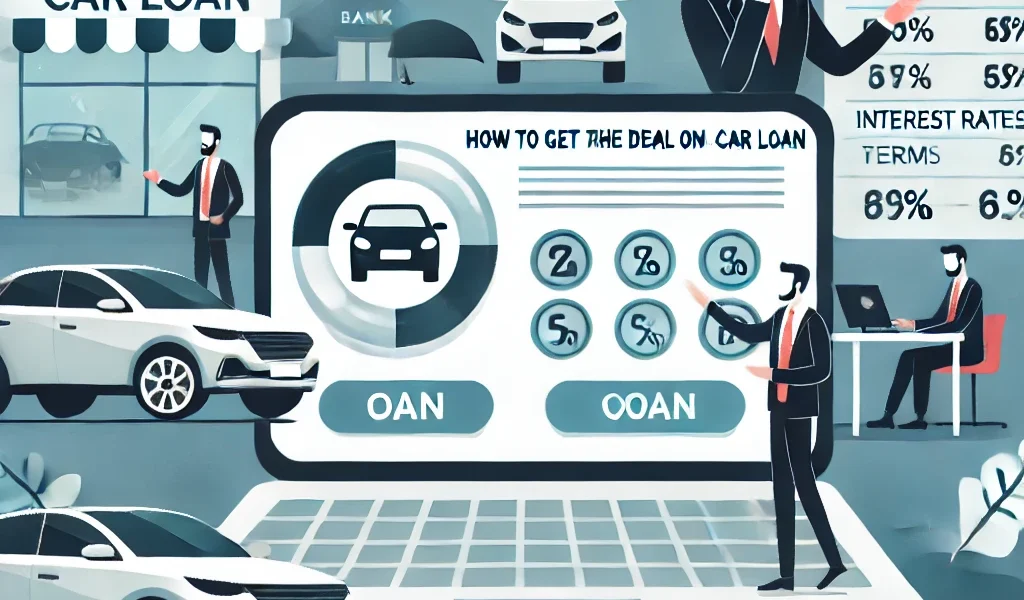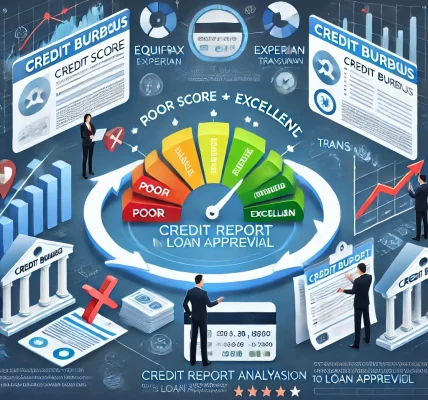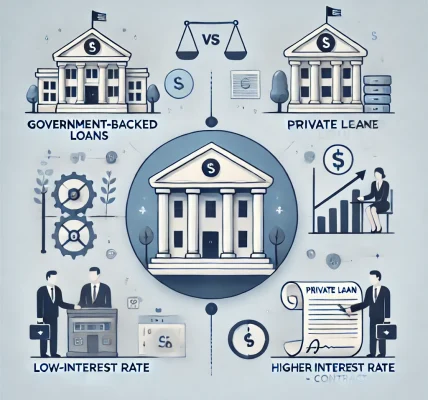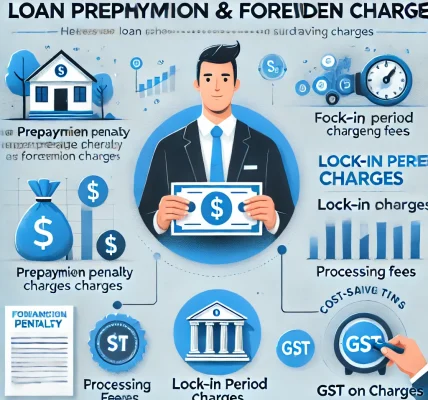Introduction
Purchasing a car is a major financial decision, and for most buyers, securing an auto loan is a crucial step in the process. However, understanding how auto loans work and how to get the best deal can save you thousands of dollars in the long run.
This guide will provide a comprehensive overview of auto loans, including types of financing, factors that affect loan terms, tips for getting the best deal, and common mistakes to avoid.
Understanding Auto Loans
An auto loan is a secured loan that allows you to purchase a vehicle by borrowing money from a lender and repaying it over time with interest. The lender holds a lien on the vehicle until the loan is paid in full.
Types of Auto Loans
- New Car Loans – Specifically designed for brand-new vehicles, often offering lower interest rates.
- Used Car Loans – Available for pre-owned vehicles, though interest rates may be slightly higher.
- Refinancing Auto Loans – Allows borrowers to replace an existing auto loan with a new one, potentially securing a lower interest rate.
- Lease Buyout Loans – Helps you purchase a leased vehicle at the end of the lease term.
Key Factors Affecting Auto Loan Terms
Several factors influence the terms and interest rates of an auto loan, including:
1. Credit Score
Your credit score significantly affects your auto loan interest rate. Generally:
- Excellent credit (750+) – Qualifies for the lowest interest rates.
- Good credit (700-749) – Competitive rates, but slightly higher.
- Fair credit (600-699) – Higher interest rates.
- Poor credit (below 600) – May require a higher down payment or a co-signer.
Tip: Check your credit report before applying and take steps to improve it if necessary.
2. Loan Term
Loan terms typically range from 24 to 84 months. While a longer term lowers monthly payments, it increases the total interest paid over time.
3. Interest Rates
Interest rates vary based on the lender, loan term, creditworthiness, and market conditions. Rates can be fixed (constant throughout the loan) or variable (fluctuating with market changes).
4. Down Payment
A larger down payment reduces the loan amount and interest costs. Many lenders require at least 10-20% down for better terms.
5. Debt-to-Income Ratio (DTI)
Lenders assess your DTI ratio to determine your ability to manage loan repayments. A lower DTI ratio improves your approval chances.
How to Get the Best Deal on an Auto Loan
Follow these strategies to secure the most favorable auto loan terms:
1. Improve Your Credit Score
- Pay bills on time and reduce outstanding debt.
- Avoid opening new credit accounts before applying for an auto loan.
- Dispute any errors on your credit report.
2. Shop Around for the Best Rates
Compare offers from multiple lenders, including banks, credit unions, and online lenders, to find the lowest interest rate.
3. Get Pre-Approved
Pre-approval helps determine your budget, strengthens your negotiating position, and prevents unnecessary credit inquiries.
4. Consider a Shorter Loan Term
Although longer terms have lower monthly payments, choosing a 48-60 month term instead of 72-84 months saves money on interest.
5. Make a Larger Down Payment
The more you pay upfront, the less you borrow, which reduces your interest payments.
6. Avoid Dealer Financing Without Comparing Rates
While dealership financing can be convenient, their rates may be higher than those offered by banks or credit unions.
7. Read the Fine Print
Check for hidden fees, prepayment penalties, and unnecessary add-ons before signing any loan agreement.
Common Mistakes to Avoid
Many car buyers make costly mistakes when securing auto loans. Avoid these pitfalls:
- Not Checking Your Credit Score – A low score can result in unfavorable loan terms.
- Taking a Longer Loan Term – Extends debt repayment and increases total interest costs.
- Focusing Only on Monthly Payments – A lower monthly payment might mean a higher overall cost due to extended loan terms.
- Skipping Pre-Approval – Leads to higher interest rates and poor financing options.
- Not Comparing Multiple Offers – Failing to shop around can cost you money in higher interest rates and fees.
- Rolling Over Negative Equity – Trading in a car with an existing loan balance can lead to owing more than the car’s worth.
- Ignoring Extra Fees – Be wary of unnecessary add-ons and high dealership fees.
Conclusion
Getting the best deal on an auto loan requires careful research, financial preparation, and comparison shopping. By understanding the factors that impact loan terms, improving your credit score, and negotiating wisely, you can secure a loan that fits your budget and minimizes interest costs.
Before signing any agreement, thoroughly review the loan terms and ensure you can comfortably manage the monthly payments. With the right approach, you can drive away in your new car while keeping your finances in check.



